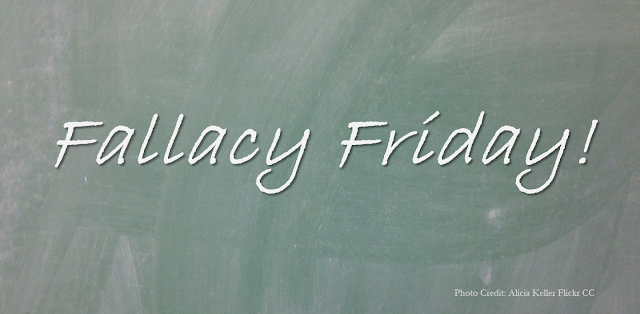This fallacy occurs when someone argues that their specific prediction about the present would be true or accurate if a past event had happened differently. It’s fallacious because the premises are based on speculation, not fact or evidence, essentially drawing conclusions from a hypothetical situation as fact. For example, the claim, “If only you had learned how to play the piano as a child, you would be a concert pianist today” is untenable; there’s no way to guarantee that they would have continued playing throughout their life, have the talent and skill to perform at a professional level, or would not suffer a serious injury that would impede that goal.
It is a very common argument found in propaganda because not only is there no evidence for the assertion, there is no evidence against the assertion, either; you can neither prove their argument true nor prove it false. All you can claim is that there is no way to know.
Examples:
"If you had only tasted the stewed snails, I'm sure you would have liked them."
"If Hitler had not invaded Russia and opened up two military fronts, the Nazis would surely have won the war."
"If you took that course on CD player repair right out of high school, you would be doing well and gainfully employed right now."
"John, if you would have taken a shower more often, you would still be dating Tina."
"If you didn’t flip heads on the coin, it would have been tails."
"If Abraham Lincoln were alive today, he would agree with me."
"Poverty would be a much worse problem in this country had we not implemented the programs of the Johnson administration."
"We'd never have all this crime if Bob Dole was president.


No comments:
Post a Comment